It was 2022, and the Nepali flea market in Harrisburg, Pennsylvania, buzzed with life –handmade hats and colorful flags hung outside the homes of families just yards from the market, who had built new lives after being expelled from Bhutan. Elderly men sat in circles, smoking cigars and playing folk songs, unwilling to let the past slip away.
In the early 1990s, Bhutan expelled more than 100,000 Nepali-speaking Bhutanese people during a campaign of ethnic cleansing. Most fled to refugee camps in eastern Nepal, where many remained for nearly two decades. Beginning in 2007, about 85,000 were resettled across the US through a program coordinated by the UN refugee agency (UNHCR) and the US government. Today, central Pennsylvania is home to several thousand Bhutanese refugees, with Harrisburg and nearby towns hosting one of the largest clusters in the country. That concentration carries political weight: Pennsylvania is a swing state, and Trump won it in 2024 by a slight margin.
When I returned in July 2025, it felt like another world. The flags were gone. The elders no longer gathered outside. Flea markets and restaurants sat quietly. The change wasn’t about ageing or assimilation – it reflected a community unsettled by politics, as families struggled to make sense of immigration policies that had suddenly put Bhutanese refugees back in the crosshairs. Across central Pennsylvania, old cases have been reopened, removal orders issued, over two dozen Bhutanese refugees have been deported back to Bhutan, and families that once felt secure are now bracing for knocks at the door.
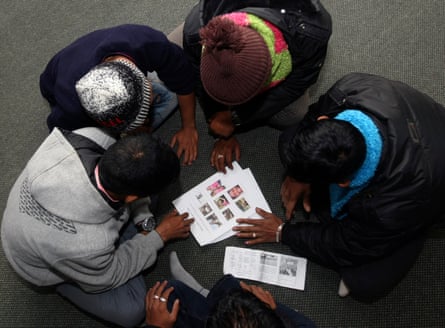
The Harrisburg office of Asian Refugees United (ARU) looked more like a campsite than a non-profit hub – backpacks in the corners, water bottles scattered on the floor. Robin Gurung, the soft-spoken executive director, had just returned from a youth camp. I asked what had changed after the 2024 election.
“Everything,” he said. “Before the Trump administration, ARU focused on rebuilding lives, teaching leadership, suicide prevention, and youth civic action. Now we’re in rapid-response mode, helping families make sense of deportations.”
With larger institutions caving in to the administration’s demands, ARU has struggled to find allies. “A lot of our partners don’t want to engage any more, fearing retaliation,” Gurung told me. “We don’t even have attorneys to guide families. We rely on a few groups, but immigrant communities are being left on their own.”
He paused before adding that the political climate had reopened old wounds. “We survived as refugees because of community. We always showed up for each other. But that sense of community is breaking. We’ve never seen this level of division and suspicion.”
The turmoil Gurung described stood in sharp contrast to the early years of resettlement, when Bhutanese families in Pennsylvania were carving out new lives. Among them was Binay Luitel, who arrived as a teenager in July 2008 as an early cohort of Bhutanese refugees in Harrisburg, Pennsylvania, and quickly came to see service as his way of giving back.
After years in a refugee camp in Nepal, he entered the US through the refugee resettlement program during the Obama era, a time that seemed to embrace the promise of a multiracial America.

At just 23, Luitel enlisted in the US army and deployed to Afghanistan. “Growing up as a refugee, I always had a strong desire to serve in the military, but back home that opportunity didn’t exist for someone like me,” he said. “When the United States gave me not just a home but an identity, joining the military was an act of gratitude, a way to honor the gift of belonging.”
After four years in uniform, he returned to Harrisburg, now a hub for Bhutanese refugees. Families were buying homes, opening businesses and preserving their culture. With friends and mentors, Luitel helped establish the Bhutanese Community in Harrisburg, a non-profit, community-based organization that aimed to help the Bhutanese refugee community integrate in Harrisburg and address mental health issues, eventually serving as its president.
For Ashika Dhaurali, 20, those years of growth shaped her sense of home. A mental-health advocate who arrived at age six, she once canvassed for senator John Fetterman, a Democrat, convinced his progressive ideals matched her community’s hopes. Today, she feels betrayed.
“I canvassed for Fetterman,” she said. “I believed in his ideals, but now he’s nothing but a disappointment.” She points to his silence on deportations, his endorsement of Ice enforcement on X, and his willingness to echo Trump’s rhetoric. Watching her neighbors targeted by Trump’s administration, and Democrats failing to defend them, has left her searching elsewhere. “I won’t be voting for Fetterman again. And if there’s a viable progressive candidate against him, a lot of us will be ready to canvass.”
The fragile stability that Bhutanese refugees thought they had created has crumbled during Trump’s second administration, as Trump, in his first week of inauguration, banned all refugee entry and halted asylum cases. Ice raids have rattled households, deportations of many of their community members in Harrisburg, as well as across the US, have reopened old traumas, and what had felt like a safe enclave grew clouded with fear and suspicion.
“There has been a degree of political division,” Binay admitted. “It has torn people apart.”
For Ghanshyam, a small business owner, the split is moral as well. “Trump defies everything immigrants and refugees stand for,” he told me. “When you elect a president, it’s not just about economics, it’s about values. Do you really want to tell your kids you voted for a man who called immigrants rapists and murderers, who’s been found liable for sexual assault, and who’s declared bankruptcy seven times? That’s not a role model. Voting for him isn’t just bad policy, it’s a moral failure.”
Others, like Aiman, 24, who asked not to use his last name for privacy, see it differently. He arrived during the Obama years and once voted Democrat, but by 2024, he had switched to supporting Trump. Inflation, border security, the wars abroad and what he viewed as relentless media persecution of then former president Trump shifted his loyalties.

“When I saw our president constantly attacked and silenced, I started to see him as human – someone who persevered when everything was against him,” he said.
For Aiman, America is less about belonging than duty. “We were given a once-in-a-lifetime opportunity. Citizenship means loyalty. Too many in our community never took that seriously.” Deportations, he admitted, were painful, but to him they were the consequence of broken laws. “Facts outweigh emotions,” he said, echoing rightwing commentators like Ben Shapiro.
He even pointed to his own family. “Of course, I wish my brother could come here. But what good is that if, in the process, the whole country burns from the bottom up? I’d be happy to see him here, but not at the cost of destroying America.”
Unlike older Bhutanese who hesitate to speak openly, Aiman doesn’t feel isolated. “A lot of my friends are Republicans now,” he said. “The only pushback I get is from college kids, who are too easily offended.” He’s part of a broader group of young men who, in recent years, have drifted toward conservative ideals.
Dhaurali, the mental-health advocate, sees that shift as dangerous. “For our community, it has a lot to do with a false sense of patriotism. Because we’ve been deprived of it for so long, we want to embody it. To finally say: ‘I’m proud to be of this nation.’ But that’s why some have sided with Trump. Honestly, a lot of it comes from internalized hatred.”
Hearing Aiman, I thought of my own uncle, who also voted for Trump but never admitted it publicly. In our community, politics isn’t just about policies; it’s about belonging. What appears to be a small division within the Bhutanese diaspora reflects a broader erosion of the sense of home that many immigrants and communities of color once felt.
Dhaurali, though, doesn’t believe the story ends there. “What Trump’s administration is doing is testing our solidarity, our sense of belonging,” she said. “No, I don’t think I can ever stop believing. Especially with this community I’ve grown up in. I believe my generation is going to be the bridge between these old fears and the future we genuinely deserve.”

 German (DE)
German (DE)  English (US)
English (US)  Spanish (ES)
Spanish (ES)  French (FR)
French (FR)  Hindi (IN)
Hindi (IN)  Italian (IT)
Italian (IT)  Russian (RU)
Russian (RU)  3 hours ago
3 hours ago


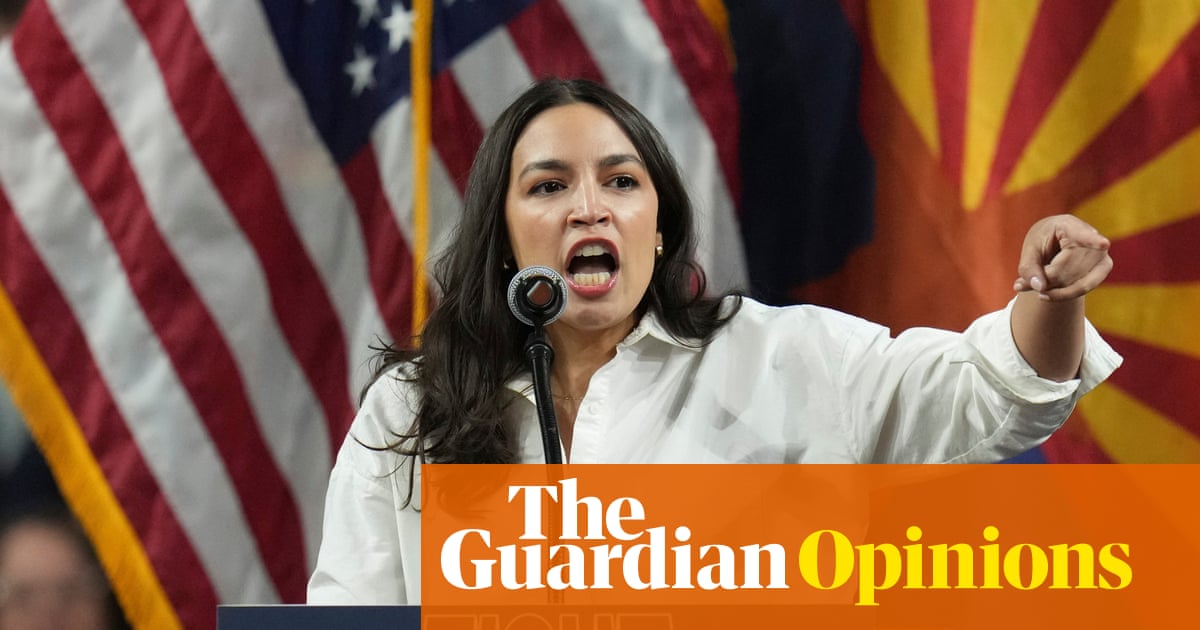
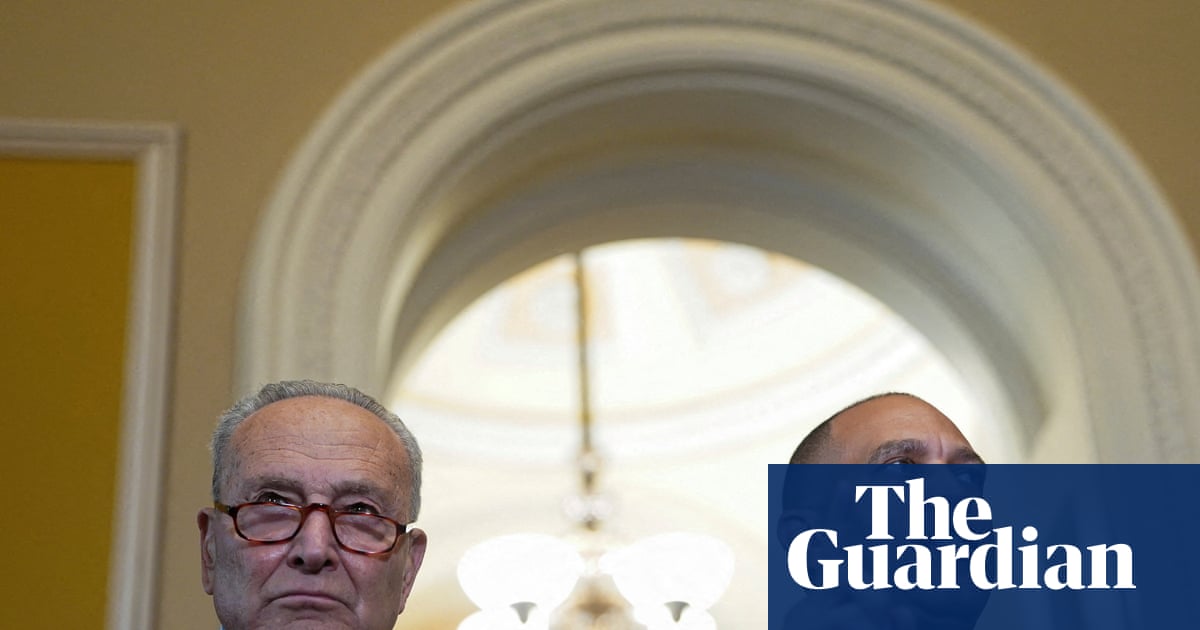





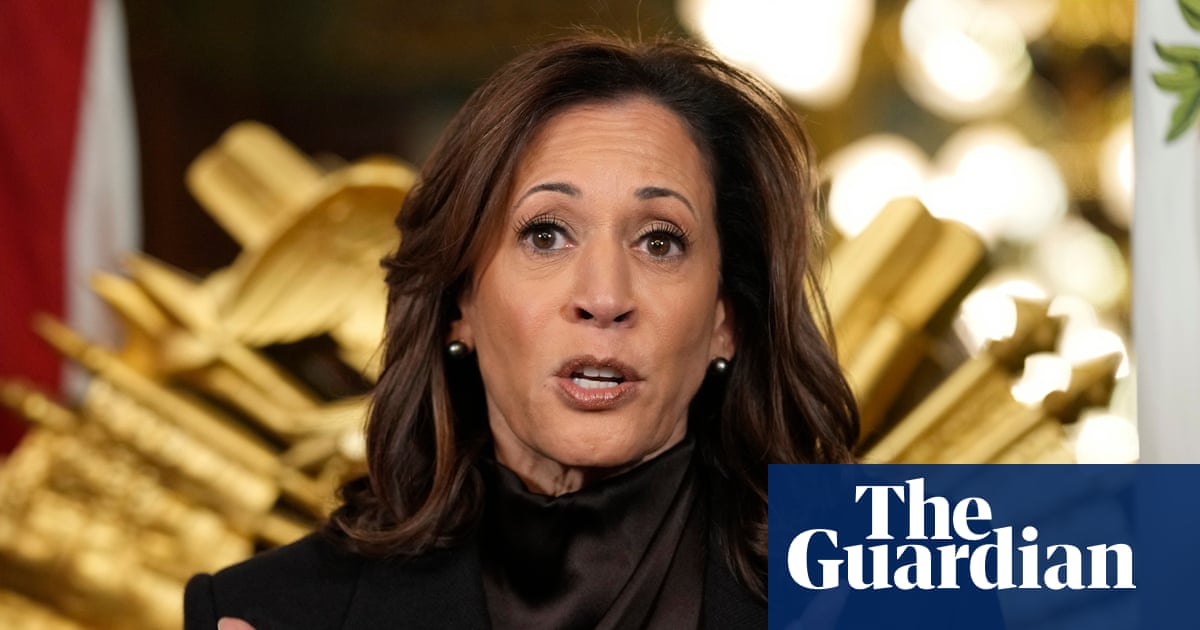

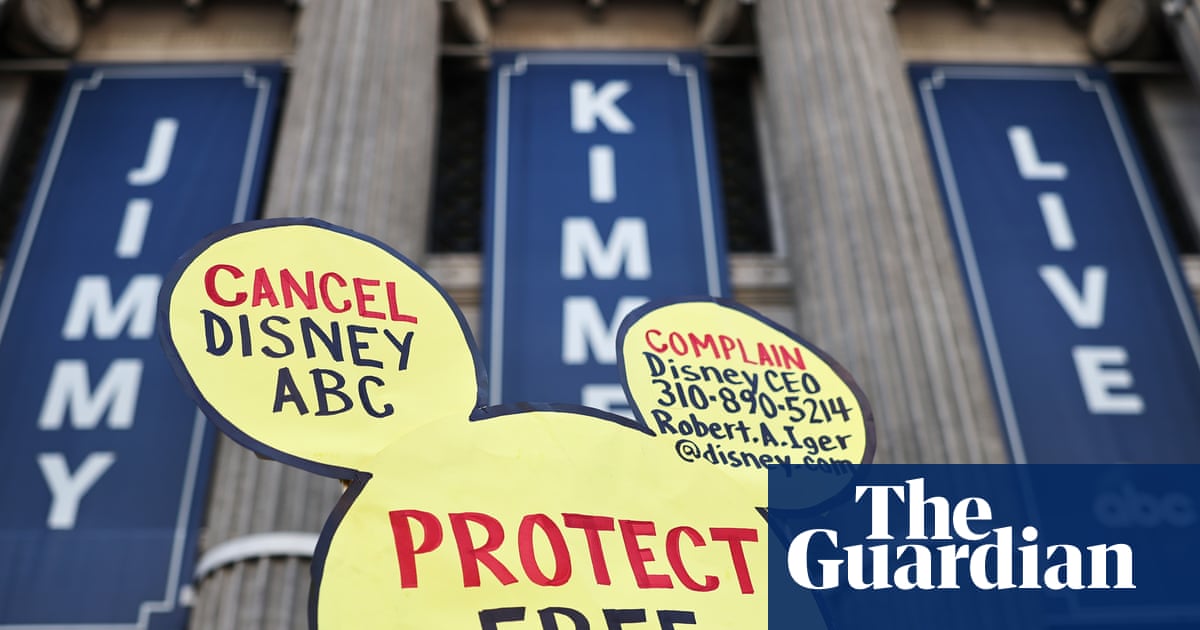

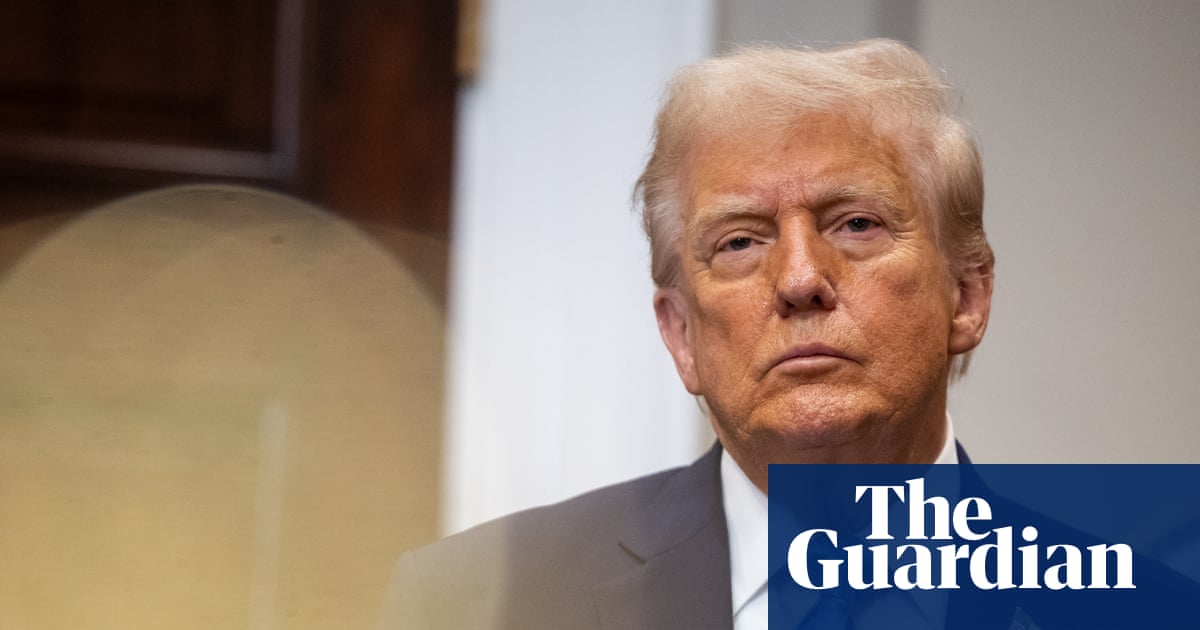
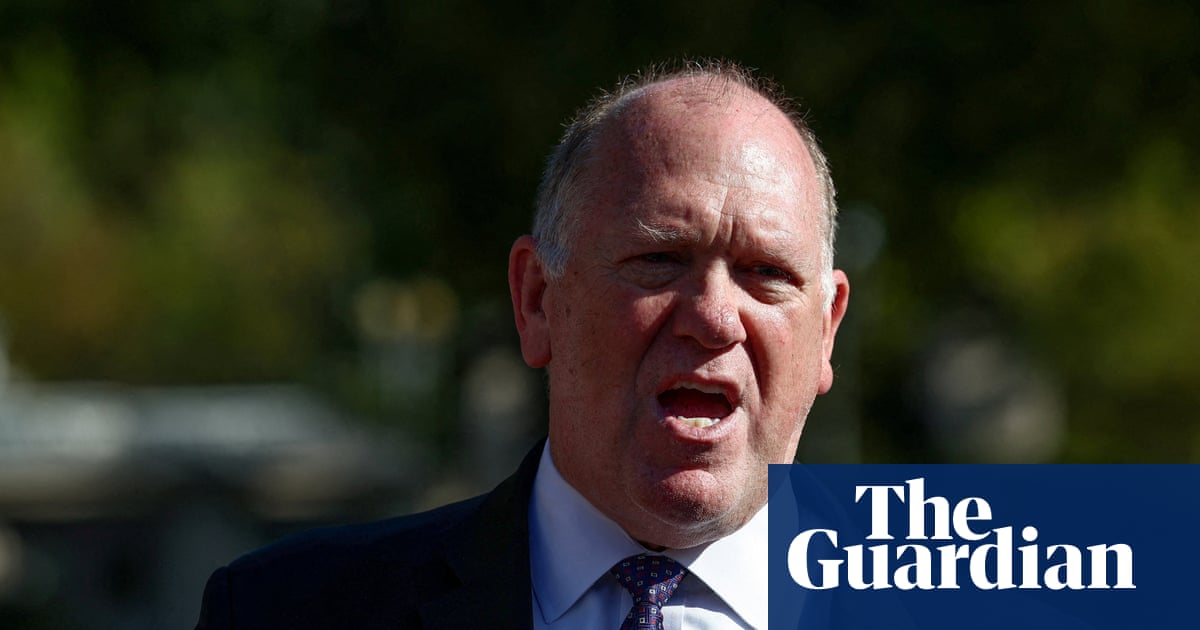


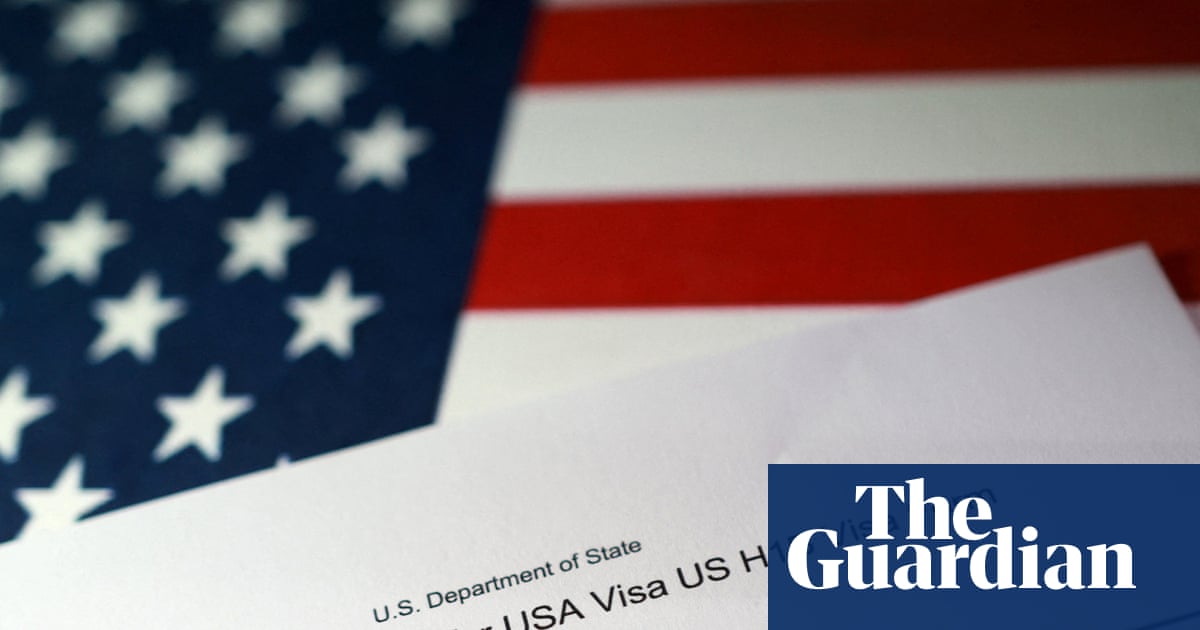





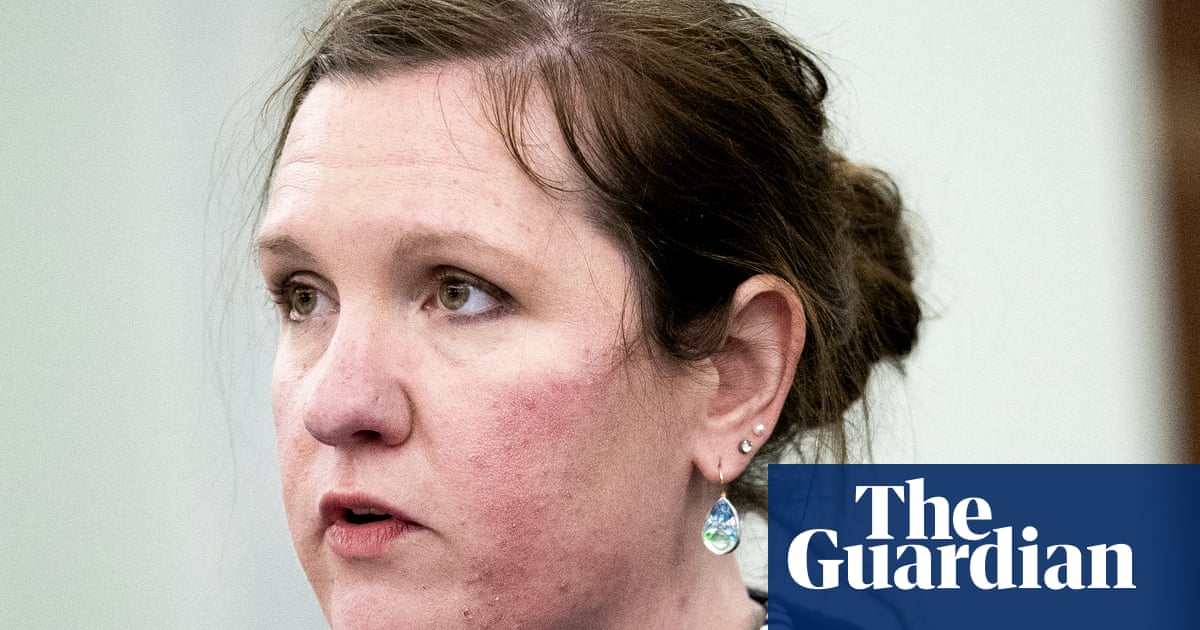
Comments